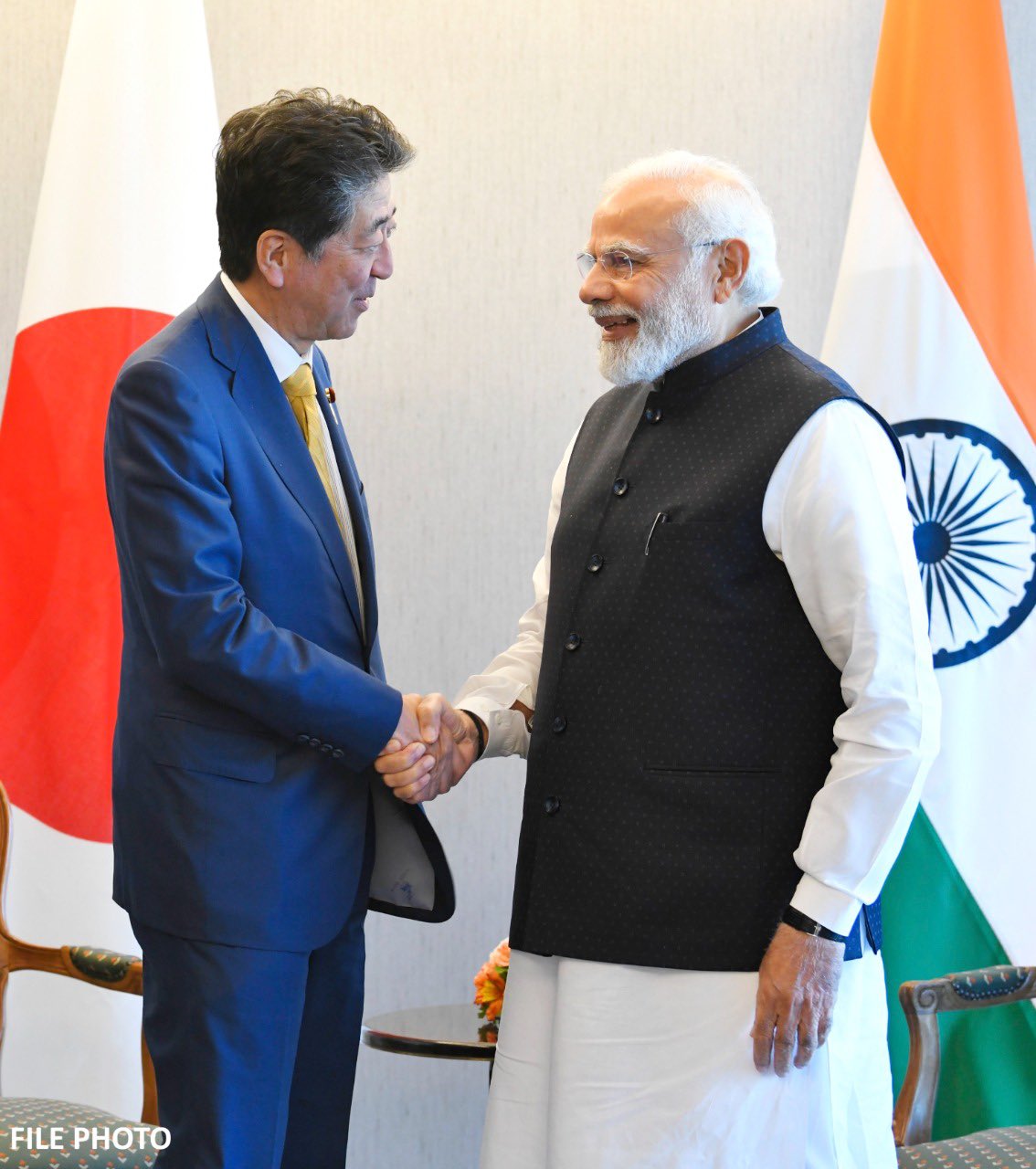Abstract
This paper is an attempt to project the probability of emergence of a new troika for India’s northeast states- Bangladesh, Japan and India. In this paper a short analysis of the potential of these three countries in holistic as well as sustainable development of isolated northeastern states, is being done . Furthermore, a brief introduction of their common points of interests and underlying impediments are discussed. Their present state of affairs and future prospects are being introduced. So far literature on NER has been either focused on underlying impediments or maximum to the bilateral relationships among India, Bangladesh and Japan. This paper focuses on how this emerging continuity can be achieved because significance of minilaterals is inevitable in the changing geopolitical and geoeconomic conditionalities. Cooperation among these countries needs to go beyond comprehensive and not just stagnant to economic exploitation of resources of each other’s territory.
This paper would analyse the role of Bangladesh and Japan in integrated development of NER and also explores the possibility of this triad getting a full fledged formal recognition . Finally, the paper underlines the NER’s development policies could not be insensible to the regional security and geopolitical scenario of the twenty first century. This paper ends with some figured out policy suggestions and recommendations for a win-win situation for all stakeholders.
Introduction
The Northeast region, which forms the easternmost border of India, comprises eight states; Arunachal Pradesh, Assam, Manipur, Meghalaya, Mizoram, Nagaland, Tripura and Sikkim. The landlocked NER is connected with mainland India by the narrow Siliguri corridor. This geographical isolation has been responsible for its underdevelopment because, since pre- independence time its accessibility has remained weak due to underdeveloped transport links with the mainland and deprived support from the Government. Besides this, it has difficulties such as ethnic conflicts, insurgency, illegal migration etc. But for the past few years, it is undergoing positive changes. India’s concerted efforts in prioritising NER and its contacts with Southeast Asian and East Asian countries has been reflected in its which was consolidated as ‘Act East policy’. Apart from political will, “the Cobweb Model” of global politics is also contributing to such dramatic changes.The cobweb model refers to a web of relationships which has created a condition of ‘complex interdependence’ in which states are drawn into cooperation and integration by forces such as closer trading and other economic relationships.
Countries like Bangladesh and Japan have emerged as major development partners for this region. The Northeast needs these countries as much as these two nations need our northeast. And, this convergence of interests will lead to a shared path of development and hence, the need of troika comes in.
North Eastern Region (NER) has all the potentialities to develop into India’s powerhouse as it has abundant rich sources of energy, natural gas, coal, oil, limestone, and other mineral resources. Besides, this region has a potential water resource in the river Brahmaputra and its tributary, this region is also rich in plantation crops, medicinal plants, horticultural products, vegetables, and spices. This region also provides opportunities for tourism, having rare flora and fauna, scenic beauty, unique performing arts and handicrafts. It’s the moment for India to leverage both the capability of NE and friendly relations with these two countries for the development of India as whole.
If these triad turns into reality, it will be a much needed minilateral framework to overcome contemporary four C’s i.e. China, Counter terrorism, Climate change and cybercrime. For relations to continue further, these partnerships must be based on real-politik rather than ideological considerations. There is large scope and benefits from exploring ways and means to further deepen cooperation between Japan and North-east Indian states and Bangladesh by convening intellectual, commercial, and cultural exchanges with vibrant exchange of ideas, skills, and experiences.
Click Here To Download The Paper


📌Analysis of Bills and Acts
📌 Summary of Reports from Government Agencies
📌 Analysis of Election Manifestos

